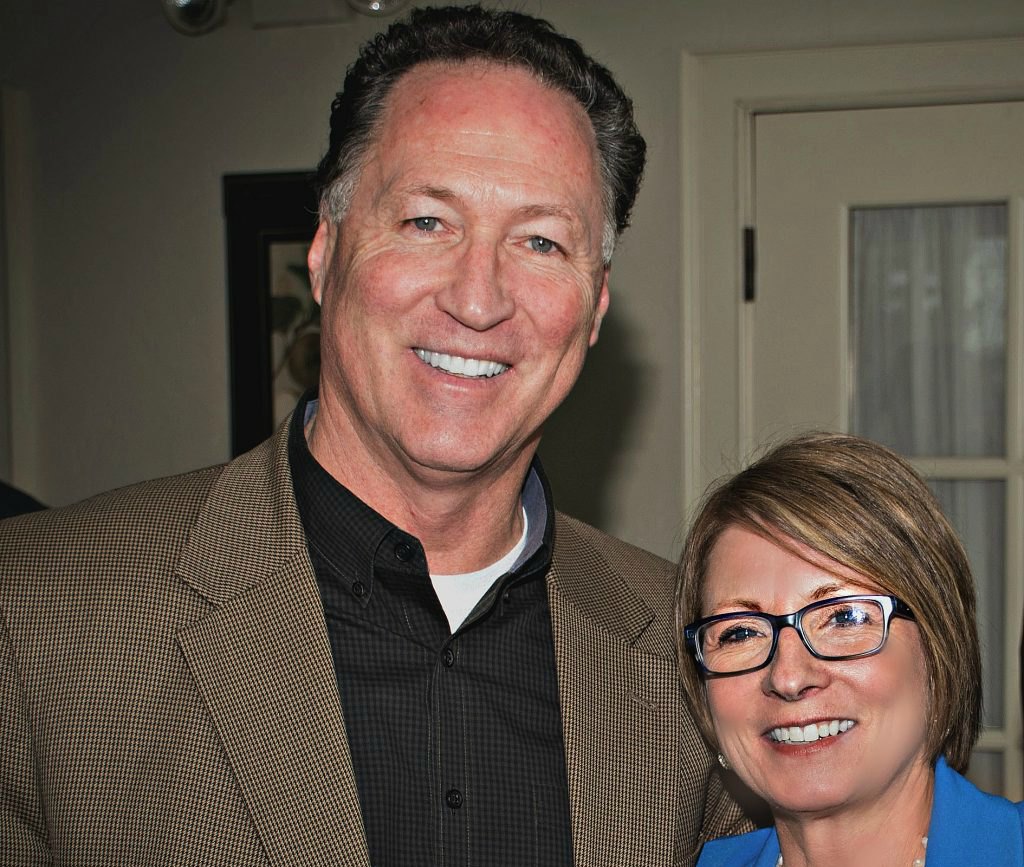
3 Powerful Strategies for Sales Growth in Recovery (Video Also)
How might you create a dominant position in today’s volatile marketplace?
It may seem impossible. Yet, Paul and Bobby suggest that it’s doable.
Paul Cronin, an Executive Coach to over 60 CEOs and their leadership teams, and Robert Crumpton, co-founder of Space Monkey’s strategic marketing, highlight the plight of business leaders today. But it’s not a doom-and-gloom article.
In fact, they outline 3 powerful strategies to ensure you are geared up for the monumental task of sustaining and growing your business during this economic recovery. Specifically, 3 keys on how to create a dominant position in today’s volatile marketplace. (See full article at Leadership in a Changed World: How to Leverage These 3 Skills in a Changed World)
Paul and Robert submit that there are 3 things leaders must get good at, quickly:
- Leadership,
- Innovation, and
- Execution.
In Part 1 of this series, we take a closer look at how your leadership is playing a critical part in the recovery of your business.
Here’s a video discussion:
Key 1: Leadership is a Critical Skill Set in Times of Calamity
It is in the worst of times that true leadership is recognized. Leaders are the emotional thermostat to those with whom they engage.
Great Leaders Reduce Anxiety
What might great leaders do during this crucial period of business recovery to reduce anxiety?
They are…
- radically transparent with their vision, plans, and data
- communicating clearly, accurately, and often
- eliminating uncertainty
- ensuring every person and team has line-of-sight to the organization’s critical number and how they personally impact that number.
When there is certainty, direction, and an understanding as to how people make an impact, there is no anxiety.
Great Leaders are Team Players
Fast-paced, unpredictable environments require a team-of-teams. The faster the pace of change, the more important the need for empowered teams to confront issues, make decisions, and solve problems.
What characteristics might we see in great leaders to inspire their teams?
- Great leaders are disciplined and demonstrate great rigor in their planning and preparation.
- They are more observational, guided by learning, research, and testing.
- They are more cautious, constantly questioning the status quo, and building in contingencies.
Above all, great leaders depend on their team members to identify and solve the problems of the business. They reject being “the guy or gal” who has all the answers. Great leaders have the courage and discipline to ‘put a fork’ in the hero-leadership concept and focus on multiplying individual genius and building amazing teams. Decision-making is decentralized across departments and pushed closest to the action for faster, better results.
“Find the strengths in others. It creates positive energy and builds momentum.” ~ Danita Bye, Millennials Matter.
Great Leaders Build Highly Effective Teams
Highly effective teams require a culture that includes psychological safety. That is, a commitment culture based on shared values and strong emotional bonds. This happens when team members are engaged in whole-group debates. They are dealing with brutal facts while maintaining focus on their mission, vision, and long-term goals. The right people working in healthy teams will solve the toughest of problems.
What might you do to enhance the effectiveness of your team during this difficult time?
- Highly effective teams require shared vulnerability and interconnection. Vulnerability sparks trust and generates cooperation.
- The most powerful event for building trust is to admit weakness and where and when personal mistakes are made. In the Navy Seals, this is called an AAR, (After Activity Review).
- Leaders must go first. Success is about getting smarter and better as individuals and as teams.
- Highly effective teams build high-purpose environments.
Leadership continually connects the present moment with the future ideal. There is no room, time, or excuse for naval gazing or bunkering. The long-term Big Hairy Audacious Goal (BHAG) is as important now as it ever has been. It provides the constant reminder and explains, “This is ‘why’ we work. Here is where you should spend your energy.”
America is changing, absolutely. Change represents opportunity. Leadership will be a key variable. Will you lead from fear and take on a defensive posture? Or, will you lead with confidence, with a fire in your belly? ~ Paul Cronin Share on XTo read the 2nd article in this series go here: Innovative Leaders Capture Opportunity and Accelerate Sales Growth
 Having challenges keeping your team engaged and focused in a productive direction? We invite you to schedule a free virtual coffee meeting with us. No charge, no obligation. Just 45 minutes to talk through what challenges are happening, receive personal tips, advice, and next steps on how to solve those challenges. To schedule, email me at danita@DanitaBye.com
Having challenges keeping your team engaged and focused in a productive direction? We invite you to schedule a free virtual coffee meeting with us. No charge, no obligation. Just 45 minutes to talk through what challenges are happening, receive personal tips, advice, and next steps on how to solve those challenges. To schedule, email me at danita@DanitaBye.com This article appears in my Aug 2020 Newsletter


No Comments